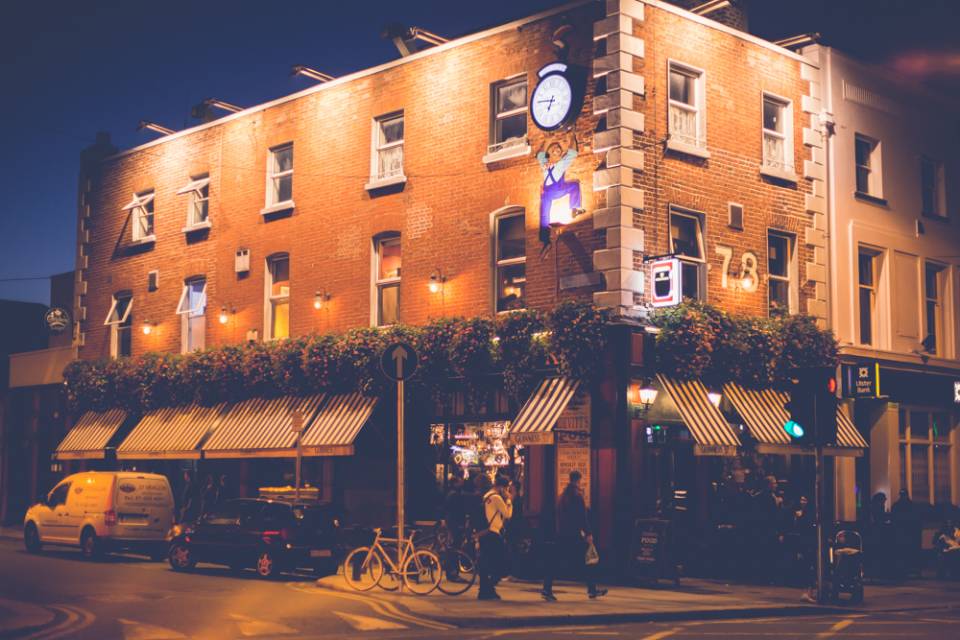
![]()
A total of 21 licensed premises were publicly listed, a notable reduction on the 34 in 2023. Publicans remained the dominant purchaser class, accounting for 55% of volume and 37% of value.
Developer activity also increased representing 20% of volume and 19% of value.Despite accounting for only three transactions, private equity investments represented 39% of the total market value. Developer activity saw a significant increase in 2024, representing 20% of transaction volume and 19% of total value.
This increased appetite from developers was largely driven by one key transaction, the Dunnes Stores acquisition of Union Café & Kennedys Bar for €7m.
Operators face obstacles including the 6.2% increase in the minimum wage which has intensified financial pressures.
The main factors driving supply in 2024 were retirement and business realignment, with 80% of the sales completed publicly being retirement driven. By year-end, nine pubs had sold publicly with a further 11 sales concluded off-market.
Appetite remained for well-located Dublin city premises as illustrated by the sales of Bar Eile cornering Baggot Street and Mespil Road, Foley’s on Merrion Row, Cassidy’s on Westmoreland Street, Cassidy’s on Camden Street, McSorley’s Ranelagh, and Devitt’s on Camden Street. Of these six sales five transacted off market.
Off market activity again featured strongly in the licensed premises market in 2024, accounting for 55% of transaction volume and 76% of total value These transactions underscore a growing preference for discreet sales processes, particularly for high profile premises for which there is known demand.
By year end there were a further nine sales agreed].
According to Lisney, challenges faced by the license premises sector during 2024 included staffing, rising utility costs, VAT on food sales, group debt warehousing and the availability of bank finance.
Lisney says the 6.2% increase in the national minimum wage to €13.50 in January 2025, alongside the introduction of additional labour-related measures such as statutory sick pay, increased public holidays, pension auto-enrolment and PRSI increases, has further contributed to the financial pressures faced by operators.
The VAT rate on the sale of alcohol has remained at 23% and the VAT rate on food at 13.5%, despite the Licensed Vintners Association (LVA) and the Vintners Federation of Ireland (VFI) lobbying the government for a return to the 9% rate on food sales in an effort to protect jobs.
Whilst many licensed premises that enjoyed viable business models with reasonable future trading prospects continued to trade successfully, there were some unavoidable casualties, primarily stemming from the ending of the debt warehousing scheme in May 2024.
Businesses that had not engaged with Revenue to clear their legacy debt or to agree phased payment agreement by 1 May were often unable to trade out of these difficulties.
Of the properties brought publicly, six were directly attributable to the debt warehousing scheme.
According to the Licensed and Leisure Team at Lisney, the outlook for 2025 is strong:
“The 2024 Dublin licensed premises property market saw a steady flow of transactions, with sales volume reflecting the activity levels of 2023. We predict continued demand for city centre locations, though a softening of profitability is expected for certain businesses and trading locations. This is due to rising staff costs and increases in product prices that cannot be fully passed onto consumers. While most businesses will remain viable, operators are likely to see lower returns in 2025, which may influence decisions to sell versus hold. As a result, we anticipate a decline in demand for some suburban food-driven businesses that have had to absorb cost pressures.”